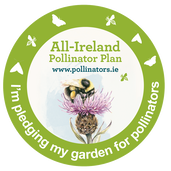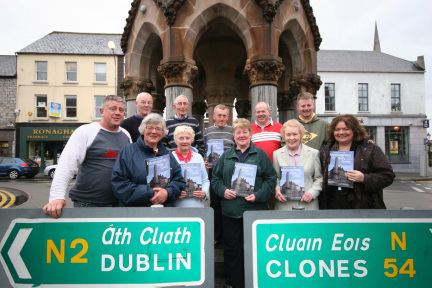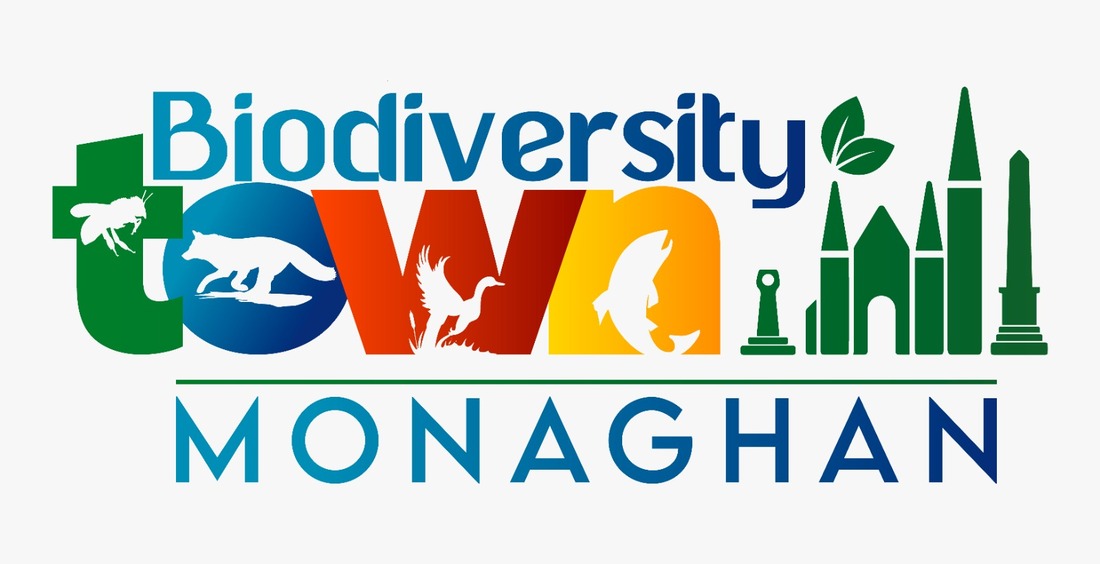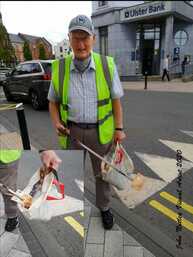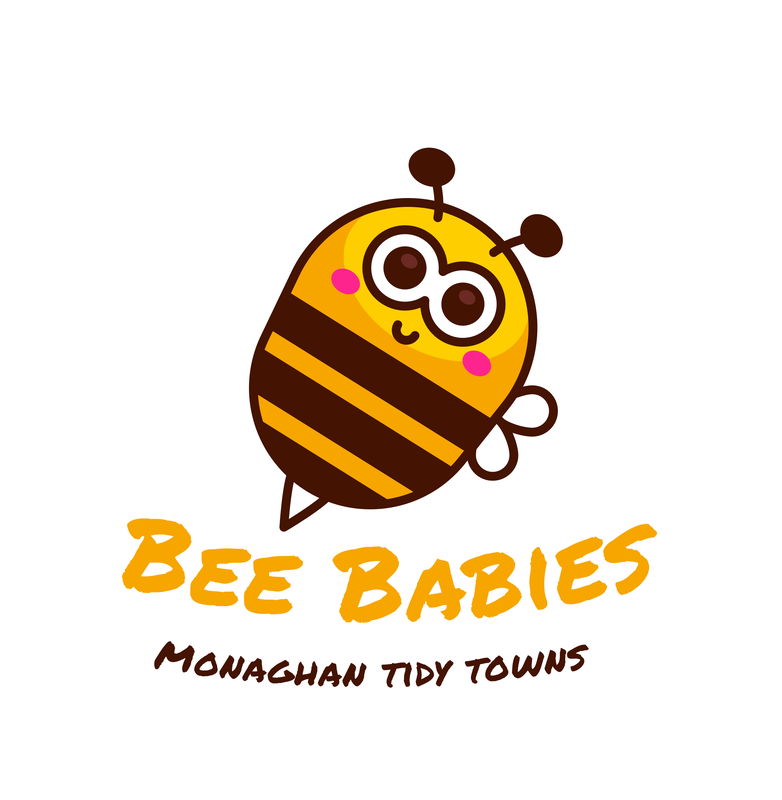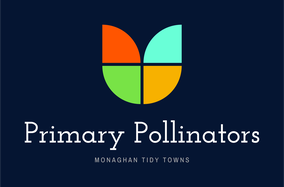IBAL 2024- Monaghan result - 2ndMonaghan is in 2nd place in the first IBAL report for 2024. Great work from everybody and a big thank you to the council guys for really putting the shoulder to the wheel
See the full report below for June 2024 below
Tidy Towns 2023 ResultsNational Tidy Towns Awards - another Silver Medal
356 Points (10 Point gain) Thanks to to all the volunteers, council workers, St. Joseph’s CE Scheme, local residents and businesses who all played their part. Read this years report here
Our heritage site
See our work on Sir Charles Gavan Duffy - born in Dublin Street over 200 years ago. Are you interested in pledging your garden for pollinators? Contact us!
|
“Bee Babies” and "Primary Pollinators" new Pollinator Projects from Monaghan Tidy Towns
Monaghan Tidy Towns' pollinator project aimed at involving children in learning about bees and pollinators from the earliest age is in its second year. The committee has assembled a pack for each childcare facility in the town containing easy to grow sunflower and nasturtium seeds, window boxes and seed trays as well as a bee hotel so that children can get involved in growing their own flowers for the bees this summer. The pack will also contain a bee soft toy and some bee themed books. The project, entitled “Bee Babies” will be offered to eight different childcare facilities across Monaghan Town over the next week. Monaghan Tidy Towns will contact each facility in advance of delivery. Monaghan Tidy Towns hopes that the children attending each childcare facility will be able to get involved in growing their own flowers and will learn a little about bees and pollinators in the process. Supplementing this programme is a similar kit for primary schools in the town - this one includes a butterfly grow kit and identifiers keys for both butterflies and bees from the National Biodiversity Centre.
Monaghan Tidy Towns Respect the Dandelion Campaign
Monaghan Tidy Towns Committee are reminding everyone of the importance of dandelions at this time of year. “We would like to thank everyone who has delayed mowing to allow dandelions to bloom. Dandelions have been demonised as pernicious weeds for many years, however we now realise that if people hold back on mowing at this time of year we are helping a whole range of garden wildlife which depends on them for food - so we are saying let dandelions grow, bees, beetles and birds still need them,” explained Committee Chairperson, Emer Brennan. “Right now dandelions are in full bloom and they are providing much needed food, particularly for bees. Dandelions are often the first flower we see in spring and the last in autumn. Although in flower for most of the year, the dandelion’s peak flowering time is from late March to May, when many bees and other pollinators emerge from hibernation. Each flower in fact consists of up to 100 florets, each one packed with nectar and pollen. This early, easily available source of food is a lifesaver for pollinators in spring and that’s why we have asked people to hold off on mowing for a couple of weeks.” “Bumblebees, solitary bees and honeybees all visit dandelions for food, along with hoverflies, beetles, and butterflies. No one should feel ashamed of dandelions growing on their lawns, now that we know how important they are in the spring.” “In fact. the sight of dandelions blooming on lawns and verges is a sign that the householder is helping the survival of Ireland's endangered bumblebees and wild solitary bees. Ireland's wild bees are in decline because they are going hungry because of a lack of food in the landscape. Dandelions are a superfood for bees and according to Dr Una FitzPatrick, senior ecologist at the National Biodiversity Data Centre in Waterford, letting dandelions grow must not be seen as a sign of neglect or laziness. Wild bees are vital in pollinating Ireland's fruit crops and plants. There are 20 species of Irish bumblebees and 77 species of wild solitary bees in Ireland. One third of these bee species are in danger of disappearing altogether. "We are working to change the perception that is so ingrained everywhere that dandelions are a weed. The presence of dandelions is very important to our wild bees that have such an important role in nature. A queen bumblebee must visit 6,000 flowers every day when she comes out of hibernation. Even if gardeners decided to allow dandelions grow in certain areas of their gardens or allow them grow even on one strip of grass or along the borders or on verges, it would be very helpful to wild bees. The All-Ireland Pollinator Plan has achieved some successes with the cooperation of gardeners and TidyTowns committees across the country. Monaghan Tidy Towns were the first winners of the National Pollinator Awards in 2016. The Dispersed Urban Orchard Returns for Monaghan Tidy Towns Monaghan Tidy Towns is bringing back its award winning apple tree project for 2024. The Dispersed Urban Orchard project gave apple and fruit trees to residents of the town to plant in their own gardens at a low fee (€5). Recipients must be from Monaghan Town and must give their address to allow the mapping of the trees across the town environs. “Monaghan Tidy Towns has no land so we were looking for ways to plant fruit trees to help pollinators such as bees, particularly in the spring. We came up with the idea of using peoples gardens. People get the trees for very low cost, the trees are planted across the town and pollinators get more sources for food when they need it most. It’s a win, win situation. This project was a major contributor to our National Pollinator Award in 2016, when we were the first winners of that particular award.” Explained Committee Chairperson, Emer Brennan. | ||||||||||||||||||
